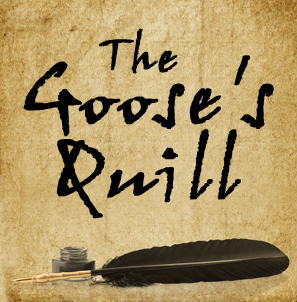The one thing about life is that things are always changing. Even if you never change your routine, you are still aging every day and eventually that will change the way you live. Change means transitioning from one life stage to another—maybe it’s just a small change, maybe it’s a large one.
Most of us find transitions hard. It would be great if every transition in life could be completed as seamlessly as paragraph transitions in a well-written book. Unlike paragraph transitions, however, we don’t have the luxury of going back and revising it until we get it right. We just have to muddle through as best we can, often with a great deal of angst and worry. Face it, life is always a rough first draft.
Anyone who has children will tell you that the only constant is change—especially the early years. As soon as you’ve gotten used to one routine—eating, sleeping, playing—the kid changes the rules. I am experiencing that right now.
When Toddler started school in November, I suddenly had 6 extra hours on my hands. A wonderful boon! AND she still napped in the afternoon, so I was assured of approximately 2 more hours a day to work. Altogether, it added up to about 20 hours a week—not bad.
Until two weeks ago, when my daughter decided naps were no longer needed.
There went about 14 hours of guaranteed work time—poof!
So we’ve been transitioning, she and I, as to how I can still get work done while she’s awake. We’re trying the “quiet time” route, where I still put her down for a nap, but tell her if she can’t sleep she needs to play upstairs for a certain amount of time. This is only half-working.
She stays up there for a while, but not as long as I want her to. I am going to try a visual timer so she can actually see the red disappearing. Then maybe it won’t seem so long to her. But, I have been letting her come down with the understanding that Mommy is working and she will have to play by herself.
That first week saw lots of conflict—her wanting to involve me in everything, me telling her I couldn’t. Watching her hurt face when I said it, and it nearly breaking my heart. Not to mention I was exhausted. I admit right now that I would often catch a nap while she napped. I’m a night owl, I work best in the evenings, and I would always push a little later than I should because I knew I could get a nap in during the day. Now that I couldn’t, I was snappish from lack of sleep.
This second week has been better. Toddler has been much more content to play on her own for a while, either upstairs or down. She seems to be grasping the idea that Mommy will play with her LATER (delayed gratification is hard for Toddlers!). That it’s not a forever exile. And I am making sure that when I do play with her, I give her my total focus, since she deserves me to be completely THERE when I am with her. I’m also trying to get to bed earlier, so I’m not so tired.
So, we are working it out, we two. Stumbling, bumbling, clashing, but managing. This transition has been anything but smooth, but I know someday it will settle into a new normal.
And just as soon as we get used to that, our normal will change again!
How do you deal with the disruptions in your life? Especially where kids are concerned?

